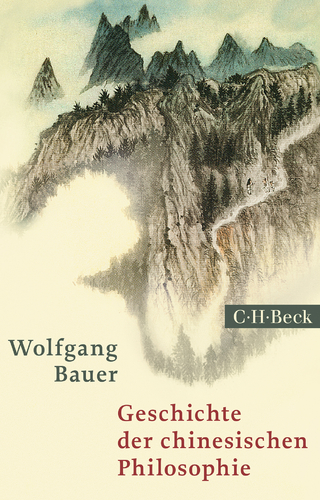
The First German Philosopher
Springer (Verlag)
978-94-024-1331-1 (ISBN)
Cecilia Muratori obtained a PhD in philosophy from the universities of Jena and Urbino in 2009 (‘double degree’). She was then awarded a four-year postdoctoral fellowship from the Ludwig-Maximilians-Universität München, where she worked on a project on the difference between man and the animals in Renaissance philosophy. In particularly she has explored the ethical consequences of this difference, with regard to the philosophical debate on vegetarianism. In 2013-2014 she is Ahmanson Fellow at the Harvard Center for Renaissance Studies I Tatti: her project deals with discourses on vegetarianism and on cannibalism in the Renaissance, and on their paradoxical connections. In 2008 she won first prize in the essay competition of the Schopenhauer-Gesellschaft; and in 2013 she won the prize of the Jacob-Böhme-Institut in Görlitz for an essay on Hegel and Böhme. Among her publications: J. Böhme, Aurora nascente (chapters 1-7), translated and with an introduction by C. Muratori (Milan: Mimesis2008); Ethical Perspectives on Animals in the Renaissance and Early Modern Period, ed. by C. Muratori and B. Dohm (Micrologus’ Library, 58); The Animal Soul and the Human Mind: Renaissance Debates, ed. by C. Muratori, (Bruniana & Campanelliana, Series Studi, 15).
1. The Reception of Böhme’s Philosophy around ‘800.- 2. Two Different Conceptions of Mysticism in Hegel’s Writings.- 3. Hegel as Interpreter of Böhme.- Conclusion, or How to Liberate Böhme’s Philosophy.
“Cecilia Muratori’s book is a major contribution to scholarship on the Romantic Age and idealistic philosophy. … The book is clearly structured. The first chapter sets the scene by presenting the immediate context of Hegel’s reception of Böhme in Germany, and especially Jena. … Cecilia Muratori’s The First German Philosopher is a fine book. It exhibits intellectual verve and polish, combining lucid expression with tenacious and resolute intellectual inquiry.” (Douglas Hedley, Journal of the History of Philosophy, Vol. 56 (2), April, 2018)
| Erscheinungsdatum | 20.07.2018 |
|---|---|
| Reihe/Serie | International Archives of the History of Ideas / Archives internationales d'histoire des idées ; 217 |
| Zusatzinfo | XXI, 328 p. |
| Verlagsort | Dordrecht |
| Sprache | englisch |
| Maße | 155 x 235 mm |
| Themenwelt | Geisteswissenschaften ► Geschichte |
| Geisteswissenschaften ► Philosophie ► Allgemeines / Lexika | |
| Geisteswissenschaften ► Philosophie ► Geschichte der Philosophie | |
| Geisteswissenschaften ► Philosophie ► Philosophie der Neuzeit | |
| Geisteswissenschaften ► Religion / Theologie | |
| Sozialwissenschaften | |
| ISBN-10 | 94-024-1331-6 / 9402413316 |
| ISBN-13 | 978-94-024-1331-1 / 9789402413311 |
| Zustand | Neuware |
| Informationen gemäß Produktsicherheitsverordnung (GPSR) | |
| Haben Sie eine Frage zum Produkt? |
aus dem Bereich


